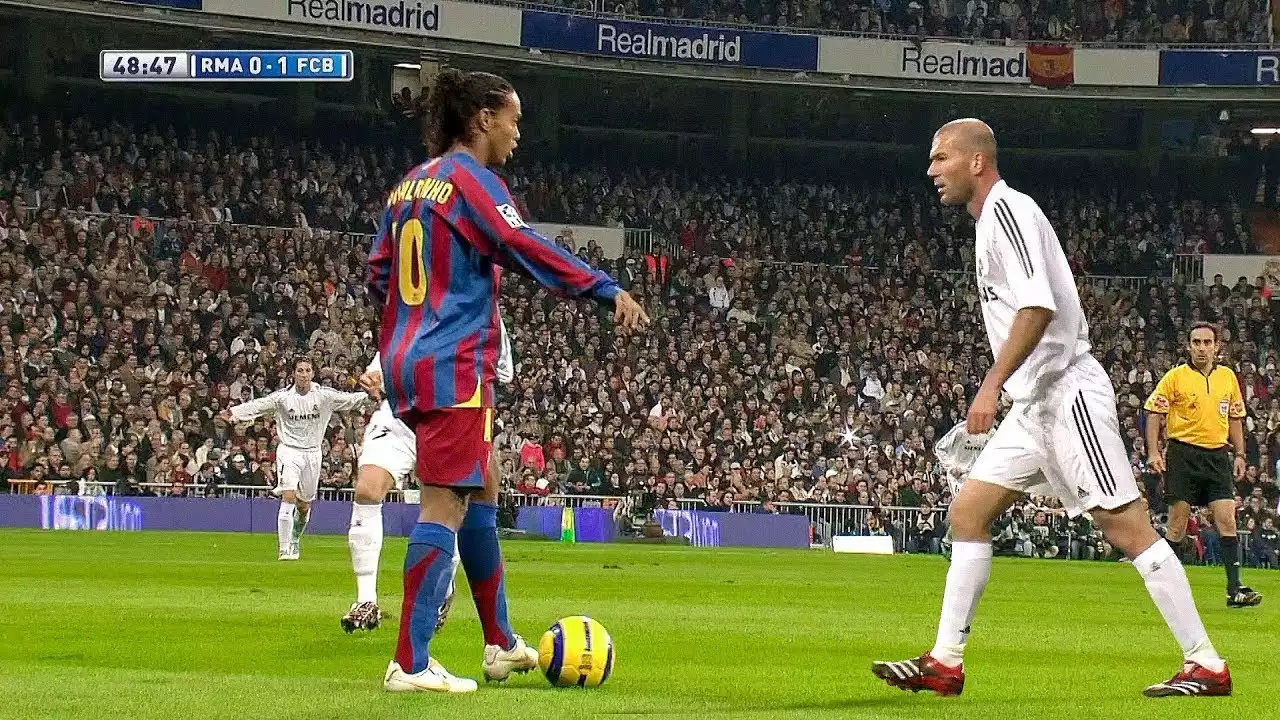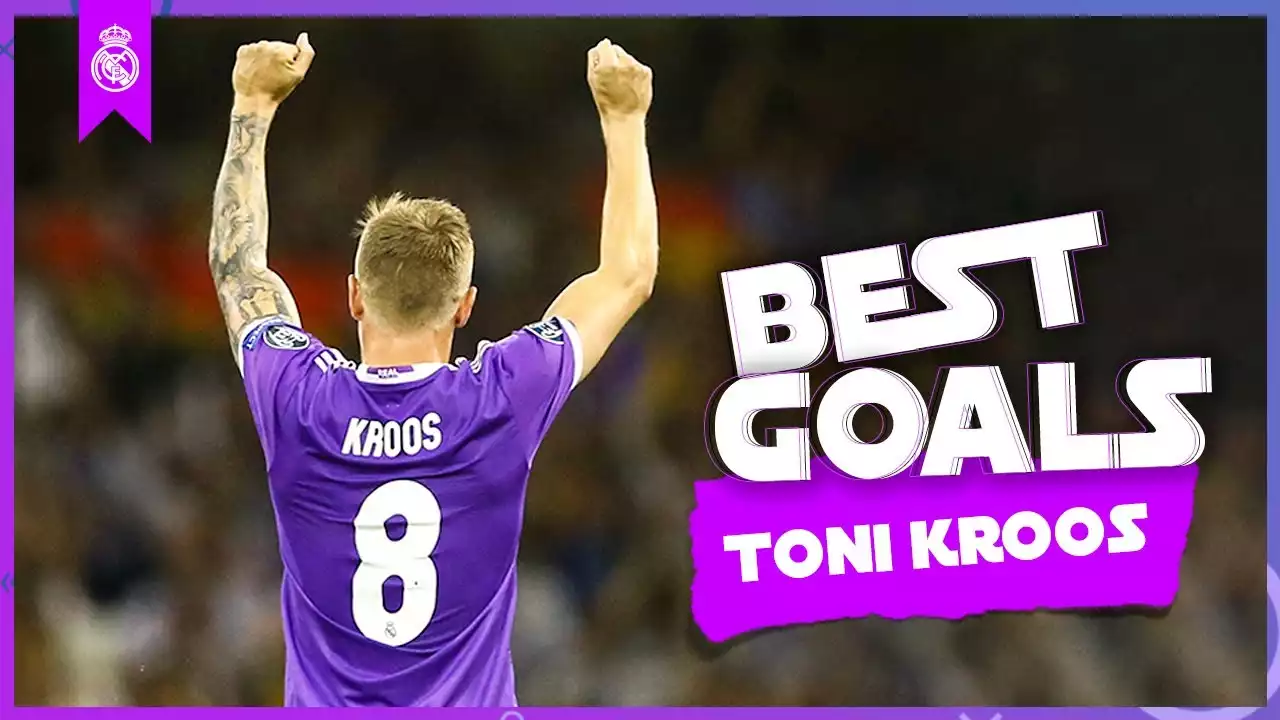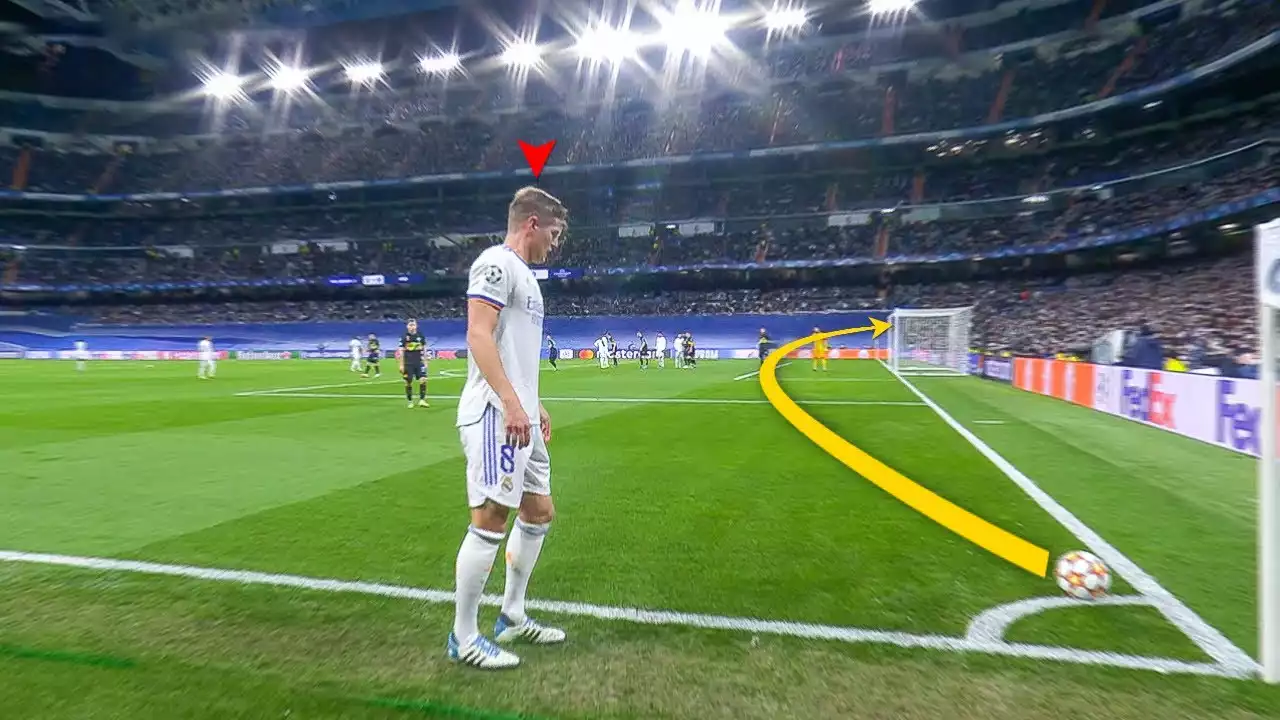Evolution and History of the FIFA Club World Cup
The FIFA Club World Cup has a rich history that dates back to its inception in 2000. Originally known as the FIFA Club World Championship, the tournament was first held in Brazil and featured just six teams. Over the years, the format and structure of the competition have undergone several changes to accommodate the growing interest and participation from clubs across the globe. In 2005, it was rebranded as the FIFA Club World Cup and expanded to include teams from all six continental confederations. The tournament now features seven teams, with the champion of each confederation, along with the host nation's league winner, competing for the ultimate prize.
Importance and Significance of the Tournament
The FIFA Club World Cup holds immense importance and significance in the footballing world. For clubs, it provides an opportunity to compete against the best teams from different continents and showcase their skills on a global stage. Winning the tournament is considered a prestigious achievement and a testament to a club's quality and dominance. It also serves as a platform for clubs to attract sponsors, generate revenue, and expand their fan base across the globe. Additionally, the FIFA Club World Cup brings together diverse footballing cultures, allowing fans to witness the clash of different playing styles and tactical approaches.
International Players and Teams in the FIFA Club World Cup
One of the most exciting aspects of the FIFA Club World Cup is the presence of international players representing their respective clubs. The tournament attracts some of the best talents from around the world, with players from different continents showcasing their skills and abilities. European powerhouses like Barcelona, Real Madrid, and Bayern Munich often field star-studded lineups, featuring players such as Lionel Messi, Cristiano Ronaldo, and Robert Lewandowski. South American teams, such as Flamengo and River Plate, boast players like Gabriel Barbosa and Rafael Santos Borré, who bring their flair and creativity to the competition. The presence of these international players adds an extra layer of excitement and anticipation for fans.
Impact on Player Development and Exposure
For young and emerging talents, the FIFA Club World Cup presents a golden opportunity to gain exposure and catch the attention of the footballing world. Impressive performances on such a global stage can catapult a player's career and open doors to lucrative transfer opportunities. Many players have used the tournament as a springboard to secure moves to top European clubs or attract the interest of national team selectors. The FIFA Club World Cup not only provides a platform for players to showcase their skills but also helps them develop and grow by competing against the best in the world.
Notable Moments and Performances in Past Tournaments
Over the years, the FIFA Club World Cup has witnessed several memorable moments and outstanding individual performances. Whether it's Lionel Messi's mesmerizing dribbles, Cristiano Ronaldo's acrobatic goals, or Ronaldinho's audacious skill, the tournament has provided a stage for players to etch their names in footballing history. One such moment came in the 2019 final when Flamengo's Gabriel Barbosa scored two late goals to secure a dramatic victory against River Plate. These moments not only captivate fans but also serve as a reminder of the immense talent and skill that international players bring to the tournament.
How the Tournament Contributes to Global Football Fandom
The FIFA Club World Cup is more than just a football tournament. It is a celebration of the beautiful game and a testament to the global appeal of football. The competition brings together fans from different countries and continents, creating a unique atmosphere where footballing cultures collide. Supporters travel from far and wide to witness the tournament, turning stadiums into a melting pot of colors, chants, and passion. The FIFA Club World Cup serves as a unifying force, reminding us of the universal love and passion for football that transcends borders and brings people together.
Economic and Commercial Implications of the FIFA Club World Cup
The FIFA Club World Cup has significant economic and commercial implications for both the host nation and participating clubs. The tournament attracts a global audience, generating revenue through ticket sales, broadcasting rights, and sponsorship deals. The influx of fans from different countries also boosts the local economy, as visitors spend on accommodation, transport, and other services. For participating clubs, success in the tournament can lead to increased commercial opportunities, including sponsorship deals and merchandise sales. The FIFA Club World Cup, therefore, not only provides a platform for footballing excellence but also drives economic growth and development.
Criticisms and Controversies Surrounding the Tournament
Like any major sporting event, the FIFA Club World Cup has not been without its fair share of criticisms and controversies. Some argue that the tournament disrupts the domestic schedules of participating clubs, leading to fixture congestion and player fatigue. Others question the fairness of the competition, as teams from certain continents often face a significant disadvantage in terms of resources and preparation. Additionally, there have been concerns about corruption and unethical practices surrounding the bidding process for hosting the tournament. These criticisms highlight the need for continuous evaluation and improvement to ensure the tournament remains fair, transparent, and in the best interest of the sport.
The FIFA Club World Cup as a Platform for International Talent
As the FIFA Club World Cup approaches, football enthusiasts eagerly await another edition of this prestigious tournament, ready to witness the dazzling skills and fierce competition that international talent brings to the table. The tournament not only showcases the best club teams from around the world but also provides a platform for players to prove their worth and catch the attention of the footballing world. From its evolution and history to its impact on player development and exposure, the FIFA Club World Cup remains a significant event in the global football calendar. As fans, we can expect another thrilling edition filled with unforgettable moments and the display of international talent at its finest.








.png?size=50)

